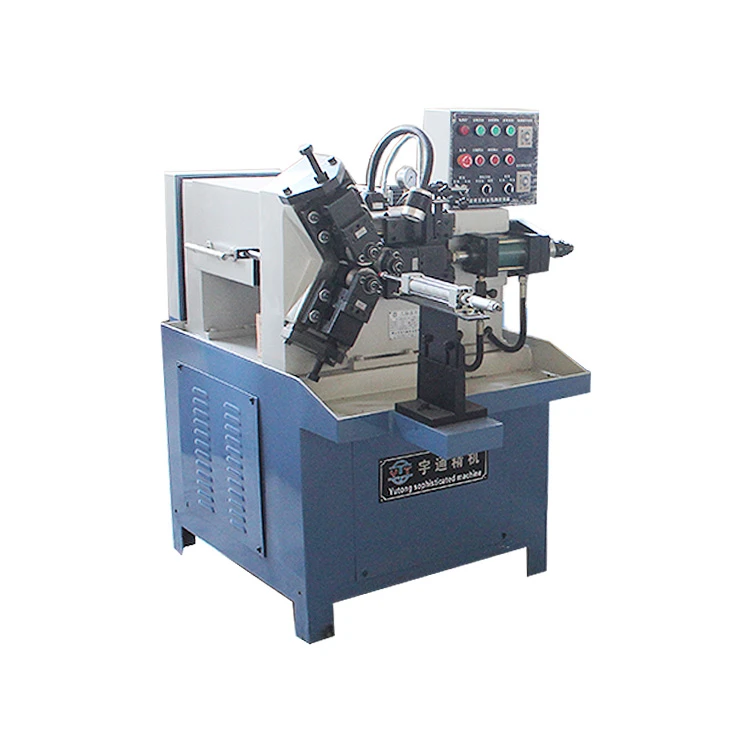
-
 Afrikaans
Afrikaans -
 Albanian
Albanian -
 Amharic
Amharic -
 Arabic
Arabic -
 Armenian
Armenian -
 Azerbaijani
Azerbaijani -
 Basque
Basque -
 Belarusian
Belarusian -
 Bengali
Bengali -
 Bosnian
Bosnian -
 Bulgarian
Bulgarian -
 Catalan
Catalan -
 Cebuano
Cebuano -
 Corsican
Corsican -
 Croatian
Croatian -
 Czech
Czech -
 Danish
Danish -
 Dutch
Dutch -
 English
English -
 Esperanto
Esperanto -
 Estonian
Estonian -
 Finnish
Finnish -
 French
French -
 Frisian
Frisian -
 Galician
Galician -
 Georgian
Georgian -
 German
German -
 Greek
Greek -
 Gujarati
Gujarati -
 Haitian Creole
Haitian Creole -
 hausa
hausa -
 hawaiian
hawaiian -
 Hebrew
Hebrew -
 Hindi
Hindi -
 Miao
Miao -
 Hungarian
Hungarian -
 Icelandic
Icelandic -
 igbo
igbo -
 Indonesian
Indonesian -
 irish
irish -
 Italian
Italian -
 Japanese
Japanese -
 Javanese
Javanese -
 Kannada
Kannada -
 kazakh
kazakh -
 Khmer
Khmer -
 Rwandese
Rwandese -
 Korean
Korean -
 Kurdish
Kurdish -
 Kyrgyz
Kyrgyz -
 Lao
Lao -
 Latin
Latin -
 Latvian
Latvian -
 Lithuanian
Lithuanian -
 Luxembourgish
Luxembourgish -
 Macedonian
Macedonian -
 Malgashi
Malgashi -
 Malay
Malay -
 Malayalam
Malayalam -
 Maltese
Maltese -
 Maori
Maori -
 Marathi
Marathi -
 Mongolian
Mongolian -
 Myanmar
Myanmar -
 Nepali
Nepali -
 Norwegian
Norwegian -
 Norwegian
Norwegian -
 Occitan
Occitan -
 Pashto
Pashto -
 Persian
Persian -
 Polish
Polish -
 Portuguese
Portuguese -
 Punjabi
Punjabi -
 Romanian
Romanian -
 Russian
Russian -
 Samoan
Samoan -
 Scottish Gaelic
Scottish Gaelic -
 Serbian
Serbian -
 Sesotho
Sesotho -
 Shona
Shona -
 Sindhi
Sindhi -
 Sinhala
Sinhala -
 Slovak
Slovak -
 Slovenian
Slovenian -
 Somali
Somali -
 Spanish
Spanish -
 Sundanese
Sundanese -
 Swahili
Swahili -
 Swedish
Swedish -
 Tagalog
Tagalog -
 Tajik
Tajik -
 Tamil
Tamil -
 Tatar
Tatar -
 Telugu
Telugu -
 Thai
Thai -
 Turkish
Turkish -
 Turkmen
Turkmen -
 Ukrainian
Ukrainian -
 Urdu
Urdu -
 Uighur
Uighur -
 Uzbek
Uzbek -
 Vietnamese
Vietnamese -
 Welsh
Welsh -
 Bantu
Bantu -
 Yiddish
Yiddish -
 Yoruba
Yoruba -
 Zulu
Zulu
Custom Hydraulic Thread Rolling Machines for Precision Manufacturing Applications
The Importance of OEM Hydraulic Thread Rolling Machines in Modern Manufacturing
In the realm of manufacturing, achieving precision and efficiency is paramount. One of the key technologies that facilitate this is the hydraulic thread rolling machine. This equipment, particularly when produced by Original Equipment Manufacturers (OEMs), is crucial for industries that rely on high-quality threaded components. This article explores the significance, functioning, and applications of OEM hydraulic thread rolling machines in modern manufacturing.
What is a Hydraulic Thread Rolling Machine?
A hydraulic thread rolling machine is a specialized piece of equipment designed to form threads on metal and other materials through a process known as rolling. Unlike traditional machining methods that cut material away to create threads, thread rolling uses pressure to deform the material, allowing for greater precision, improved strength, and reduced waste. These machines operate using hydraulic systems, which provide the necessary force to shape the workpiece efficiently.
Advantages of Using OEM Hydraulic Thread Rolling Machines
1. Precision Engineering OEMs are known for producing high-quality machinery that meets stringent industry standards. Hydraulic thread rolling machines are designed with precision in mind, ensuring that the threads produced are consistent and well-defined. This level of accuracy is essential for applications in sectors such as automotive, aerospace, and construction.
2. Increased Production Efficiency The rolling process is inherently faster than traditional cutting methods. OEM hydraulic thread rolling machines can produce threads in a fraction of the time it takes to machine them, thereby increasing overall productivity. This efficiency is beneficial for manufacturers looking to meet high demand while maintaining quality.
3. Material Conservation Because thread rolling does not remove material but rather displaces it, there is less waste generated during the process. This characteristic is not only environmentally friendly but also economically advantageous, as manufacturers can make better use of their raw materials.
4. Enhanced Strength Threads produced by rolling are often stronger than those created by cutting. The rolling process aligns the grain structure of the material, resulting in a denser and more resilient thread. This is particularly important for components subjected to high stress or heavy loads.
oem hydraulic thread rolling machine

5. Versatility OEM hydraulic thread rolling machines can be adapted to produce various thread types and sizes, making them suitable for a wide range of applications. From fine threads for electronics to larger, coarse threads for industrial machinery, these machines can accommodate diverse manufacturing needs.
Applications of Hydraulic Thread Rolling Machines
The versatility and efficiency of OEM hydraulic thread rolling machines make them indispensable across various industries
- Automotive In the automotive sector, precision-engineered threaded components are vital for the assembly of various parts, such as engines, transmissions, and body structures. Hydraulic thread rolling machines are used to create bolts, nuts, and screws that meet rigorous safety and performance standards.
- Aerospace The aerospace industry demands components that are not only durable but also lightweight. OEM hydraulic thread rolling machines help produce high-strength, lightweight threaded fasteners that can withstand extreme conditions while minimizing weight.
- Construction The construction industry relies on strong, reliable fastening solutions to ensure structural integrity. Threaded rods and anchors produced by rolling machines play a critical role in construction projects, providing stability and safety.
- Electronics In electronics manufacturing, precise and small-threaded components are necessary for assembling devices like smartphones and computers. Hydraulic thread rolling machines are capable of producing these intricate threads with high accuracy.
Conclusion
In summary, OEM hydraulic thread rolling machines are a cornerstone of modern manufacturing, providing precision, efficiency, and strength in the production of threaded components. As industries continue to evolve and demands for high-quality products increase, investing in advanced thread rolling technology will be crucial for manufacturers aiming to remain competitive. Emphasizing quality through OEM relationships ensures that companies can depend on reliable machinery to meet their production goals while maintaining the highest standards of performance and quality.
